Spouse Visa
Marriage between a Thai and a Japanese
- 2024.10.18
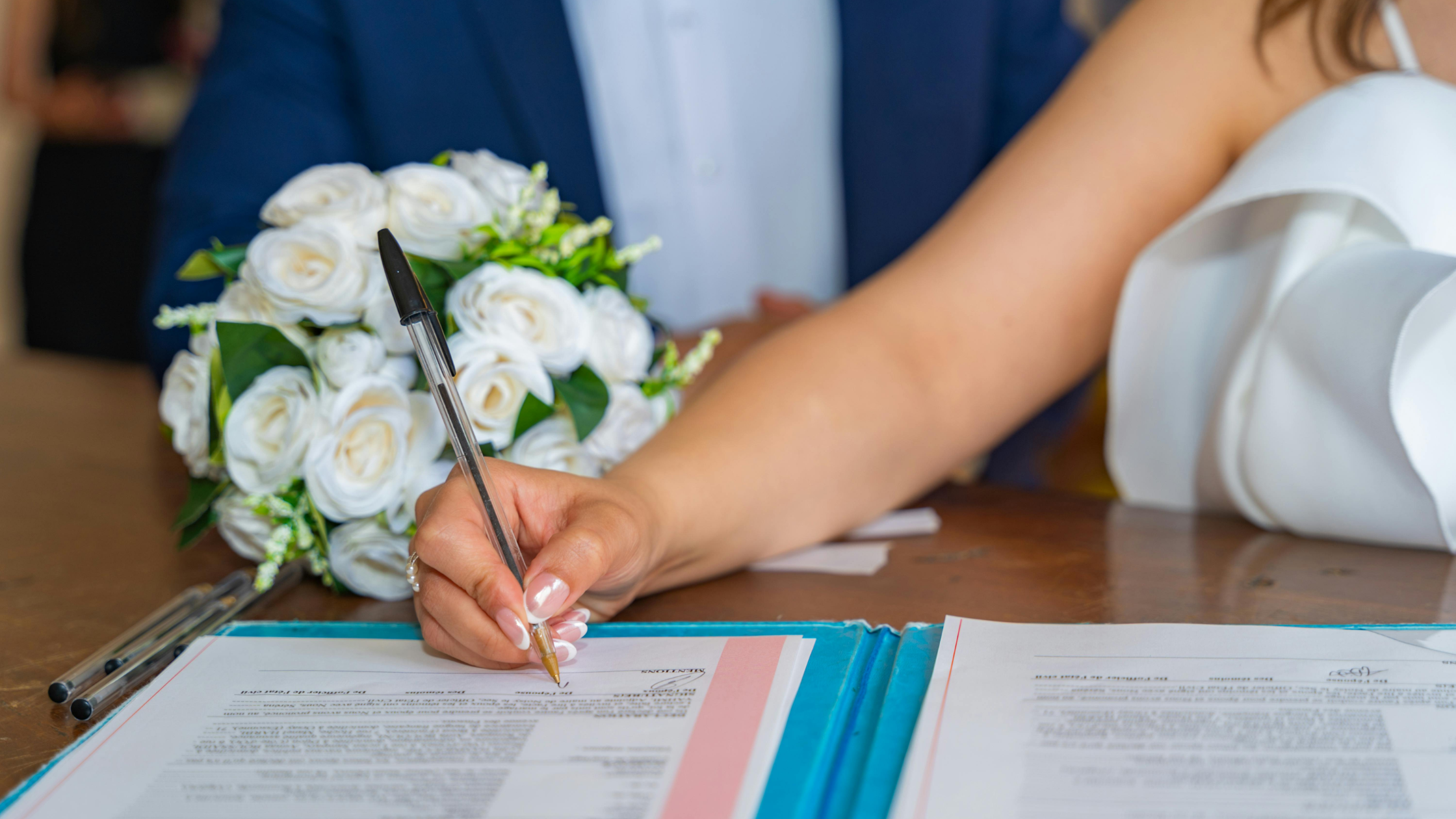
With the recent trend towards internationalization, the number of international marriages between a Japanese and a foreigner is increasing. In international marriage, both spouses need to respect the laws, customs, and cultures of each other’s country. For international couples to obtain a medium-to-long-term visa and live together in Japan, the first essential step is to properly proceed with the marriage procedures. Documents and procedures required for marriage and visa acquisition may vary depending on the nationalities of each couple. In this article, we will give an overview of the requirements for the visa of a Spouse or Child of a Japanese National (hereinafter referred to as “spouse visa”) and international marriage, especially between a Japanese and a Thai, which is the prerequisites for the visa application.
Visa requirements related to marriage between a Japanese and a foreigner (common to all nationalities)
In order for marriage between a foreigner and a Japanese to be recognized in the spouse visa application, the following three requirements must be fulfilled:
1) Both parties must fulfill the marriage requirements.
2) Marriage procedures must be completed in the home countries of both parties.
3)The parties must be regarded as living together as a married couple under Japanese social standards.
Now, we will explain each requirement.
1) Both parties must fulfill the marriage requirements
First, in addition to both parties being 18 years old or older, the foreign national must be of marriageable age in his/her home country.
Second, the marriage must not include any marriage obstacles in either country. (In other words, the marriage must be legal under the laws of both countries). Therefore, if the minimum marriageable ages of the two countries are different, both parties must fulfill the higher age, so please be careful.
It is also necessary to be single before marriage.
Lastly, if one or both parties have been divorced or widowed in the past, additional documents regarding such status may be required.
2) Marriage procedures must be completed in the home countries of both parties
Both the marriage procedures at the Japanese government office (i.e. ward office, city hall, or town hall) and the marriage procedures in the applicant’s home country must be completed.
For that, there are two methods as explained below:
◆The Japanese method (the method of first completing the marriage procedures in Japan)
In this method, you register your marriage in Japan first and then submit the marriage registration to the foreign embassy in Japan. In some cases, such submission is not required.
|
Required documents |
|---|
|
※ Documents in foreign languages must be translated into Japanese.
※1 The following documents are required in general: a Birth Certificate showing the names of parents and the date of birth, a Nationality Certificate showing the nationality (or passport), and a Divorce Certificate if the applicant has been divorced. However, the required documents may vary slightly depending on the country, so we will explain the details in the next section.
◆The foreign method (the method of first completing the marriage procedures in the foreign country)
In this method, you register your marriage in the foreign country first, and then submit the marriage registration to the Japanese embassy or to the ward office after returning to Japan.
Each country has different marriage registration procedures, so we will explain the details in the next section.
The parties must be regarded as living together as a married couple under Japanese social standards
The couple needs to be regarded as living together as a married couple under Japanese social standards. During the review of a spouse visa, judgment regarding the marital relationship is made not only based on documents showing the completion of the marriage procedure but also on the actual situation “whether the couple is actually living in Japan as a married couple.”
The key points are whether “both parties are living together” and “whether there is a financial dependency”.
For the detailed procedures and required documents for a spouse visa, please see this article.
Points to note regarding marriage between a Thai and a Japanese
Marriage Eligibility
The minimum age for marriage in Japan is 18 years old, but in Thailand, it is 17 years old. For marriage to be recognized in both countries, it is necessary to fulfill the higher age.
Additionally, if the Thai spouse is under 20 years old, the consent of his/her parents is required.
Furthermore, in the case of marriage of a Thai woman who has divorced in the past, the period of prohibition of remarriage, which is 310 days from the date of divorce, applies. However, this period is waived if there is a medical certificate proving that she is not pregnant.
Procedures and required documents for the Japanese method (the method of first completing the marriage procedures in Japan)
①Obtaining the Certificate of Legal Capacity to Marry (Single Status Certificate) for the Thai national
Under Japanese law, foreigners who want to get married in Japan need to first prepare the ” Certificate of No Impediment to Marriage,” which declares that the person is legally capable of getting married.
For Thai nationals, this Certificate can be obtained at the Thai Embassy in Japan.
Before you can request the issuance of the Certificate, you need to obtain some documents from the Thai government.
Then, to request the issuance of the Certificate, both parties must go to the embassy.
|
Required documents |
|---|
|
Thai spouse side
Japanese spouse side
|
※ After issuance, it must be certified by the Thai Ministry of Foreign Affairs. The certification is valid for 3 months.
※2 It needs to be certified by the Japanese Ministry of Foreign Affairs.
For more information, please contact the Thai Embassy.
②Registering your marriage at a city hall, town hall, or village office in Japan
|
Required documents |
|---|
Thai spouse side
Japanese spouse side
|
One to two weeks after submitting the marriage registration, you can apply for a certified copy of the family register showing the facts of the marriage.
After obtaining it, 1) you need to have it translated into English, 2) have the translator’s signature certified at a notary’s office, and 3) have the certified copy of the family register certified with a notary’s seal at a Legal Affairs Bureau where a notary public belongs. After all that, 4) you need to receive certification from the Consular Affairs Division of the Japanese Ministry of Foreign Affairs.
※If requested, the notary offices in Tokyo, Kanagawa, Shizuoka, Aichi, Osaka, Hokkaido, Miyagi, and Fukuoka can provide above 2) to 4) at once. If you are using this one-stop service, you will not need to go to a Legal Affairs Bureau or the Ministry of Foreign Affairs.
All documents certified by the Japanese Ministry of Foreign Affairs (including family registers) must be translated into Thai.
For more information, please visit the website of the Thai embassy in Japan.
③Reporting the marriage to the Thai government
In general, to get married in Thailand, one of the spouses needs to go to the district office in Thailand to complete the procedures.
If this is difficult, you can prepare a power of attorney at the Thai Embassy in Tokyo and request an agent to apply on your behalf. For this method, the following documents are required.
|
Required documents |
|---|
Thai spouse side
Japanese spouse side
|
If one of the spouses is able to go to the district office in Thailand to directly register the marriage while the other has difficulty traveling to Thailand, they can first apply for a name change at the Thai embassy and have the certified copy of the family register certified. The required documents are the same as above, except for the application for power of attorney.
Procedures and required documents for Thai method (method of first completing the marriage procedure in Thailand)
① Obtaining a Certificate of Legal Capability to Marry and a Declaration of Eligibility to Marry at the Japanese Embassy in Thailand
You need to prepare the required documents in Japan, travel to Thailand, and apply at the Japanese Embassy in Thailand.
An agent can apply on behalf of the applicant, but the Japanese spouse needs to go to the embassy to collect the issued documents.
|
Required documents |
|---|
|
Japanese spouse side
Thai spouse side
|
For more details, please visit the website of the Japanese Embassy in Thailand.
② Receive the certification at the Ministry of Foreign Affairs of Thailand
After receiving the Certificate of Legal Eligibility for Marriage and the Declaration of Eligibility for Marriage from the Japanese Embassy in Thailand, translate it into Thai and have it certified by the Nationality and Certification Division, Consular Affairs Department, Ministry of Foreign Affairs of Thailand.
|
Nationality and Certification Division, Consular Affairs Department, Ministry of Foreign Affairs of Thailand Address:123 Chaeng Watthana Road, Thungsonhong, Ratchathewi, Bangkok Phone:0-2203-5000 ・ Call Center 0-2572-8442 |
③ Register your marriage at a Thai county office
After the certificate certified by the Thai Ministry of Foreign Affairs is issued, you two should register your marriage at the Thai district office. The required documents vary depending on the region and district office, so please check with the district office to which you will be delivering the document.
※The district office where you submit the notification does not have to be the Thai spouse’s residence registration office, but in the case of a woman, you will need to notify the district office where she is registered in order to change her title (from Miss to Mrs.) and if the Thai spouse will change their surname to the Japanese spouse’s surname after marriage.
Once the marriage notification is accepted, a “Marriage Registration Certificate” will be issued.
④Reporting the marriage to Japan
Once you receive the marriage certificate, you will need to submit the marriage notification to your local city, town, or village office in Japan within three months.
You can also submit the notification through the Japanese embassy or consulate in Thailand, but the process may take one and a half to two months. Therefore, we recommend that you return to Japan temporarily to submit the notification, especially if you plan to live together in Japan in the future.
|
Required documents |
|---|
Thai spouse side
Japanese spouse side
|
If you want to register your marriage at a Japanese embassy in Thailand, the required documents are the same.
Advantages and disadvantages of the Japanese and Thai methods of marriage procedure
After all, which method is better for international marriage between a Japanese and a Thai?
The conclusion is that it doesn’t matter which method you choose.
Both methods have advantages and disadvantages, so it is best to consider your circumstances and make the choice.
【Japanese method】
Advantages
・If you request an agent to do all procedures in Thailand on your behalf, you can complete the marriage registration in both countries without leaving Japan.
・If the Thai spouse is currently residing in Japan and holds a mid-to-long-term residence status, there is no need to return to Thailand for a long period to complete the marriage procedures, except in exceptional cases such as the Thai spouse is 18-20 years old, which requires parental consent, in case that the ・You can apply to change your visa to a spouse visa immediately after the marriage is filed.
Disadvantages
・Thai nationals are exempt from a 15-day short-term stay visa in Japan, but to complete all the procedures required for marriage registration in Japan, they might need to obtain a 90-day short-term stay visa from the local Japanese embassy in advance.
【Thai method】
Advantages
・If the Thai spouse is currently residing in Japan, it will be easier to gather the necessary paperwork and he/she will not need to obtain a short-term visa to come to Japan.
Disadvantages
・Japanese nationals are exempt from a 60-day short-term visa in Thailand but may need to apply for a longer visa to complete all the procedures required for marriage registration in Thailand.
Considering the above, in general cases:
◆If the Thai person is currently residing in Thailand and the Japanese person can travel to Thailand for long periods or frequently, or if the Thai person is under 20 years old, the “Thai method (a method in which the marriage procedures are completed in Thailand first)”
◆If the Thai person is currently residing in Japan or the Japanese person is unable to travel to Thailand for long periods of time or frequently, the “Japanese method (a method in which the marriage procedures are completed in Japan first)”
is recommended in terms of the hassle and cost involved.
Summary
We have briefly explained the procedure and required documents for marriage between a Thai and a Japanese.
As we explained above, whether you should complete marriage procedures in Japan first or in Thailand first depends on where the Thai spouse lives and other conditions. Please make plans that fit your situation.
After the marriage procedures are completed and visa requirements are fulfilled, the foreign spouse can apply for a spouse visa and the couple can live together in Japan. If you have any inquiries regarding the application for a spouse visa or international marriage, please feel free to contact us.
We are Yanagi group, which have offices in Osaka (Abeno and Tennoji), and our affiliated offices in Tokyo (Shibuya and Ebisu) are also available for an on-site consultation. We have handled many applications for permanent residence permits, naturalization permits, work visas, college student visas, management visas, etc., as well as visa renewal procedures related to the status of residence with the Immigration Bureau (Immigration Bureau) as a one-stop service. Our experienced administrative scriveners are also available to help you with any problems you may have. We also have staff members who can speak each of the native languages and can assist you in obtaining a visa.
Toll free number: 0120-138-552
For English speaker: 080-9346-2991
For Chinese speaker: 090-8456-6196
Editor of this article
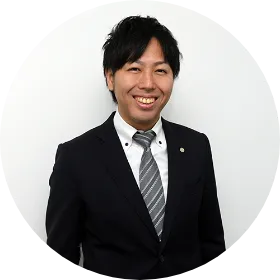
- Ryota Yanagimoto
- Administrative Scrivener/Judicial Scrivener
At the age of 24, he passed the national examinations for judicial scrivener, administrative scrivener, and wage service manager at the same time.
While working as a full-time lecturer at a major prep school, he independently opened a legal office related to judicial scriveners and administrative scriveners,
and he has experience as a judicial scrivener and an administrative scrivener for more than 15 years so far.
He has been actively contributing to various industries such as publicly listed companies, real estate companies, financial institutions, elderly care services, and professional organizations by conducting seminars, lectures, and talks.
And now he has a record of over 60 presentations so far.
Furthermore, as the president of a Japanese language school announced by the Ministry of Justice and Acts, and an advisor to a real estate company (capable of handling foreign clients),
he has been involved in various aspects of industries related to foreigners.
It is recommended to consult with experts when it comes to visas, naturalization, and residency matters.

Our office has specialized experts in visa and naturalization applications who are available to assist with free consultations (limited to the first session) and inquiries related to various visa applications and naturalization applications.
Additionally, we have foreign staff proficient in English, Chinese, and Korean languages with specialized knowledge, and they are present to provide support. They can accommodate consultations and inquiries in each language. Feel free to use our free consultation and inquiry services from here.








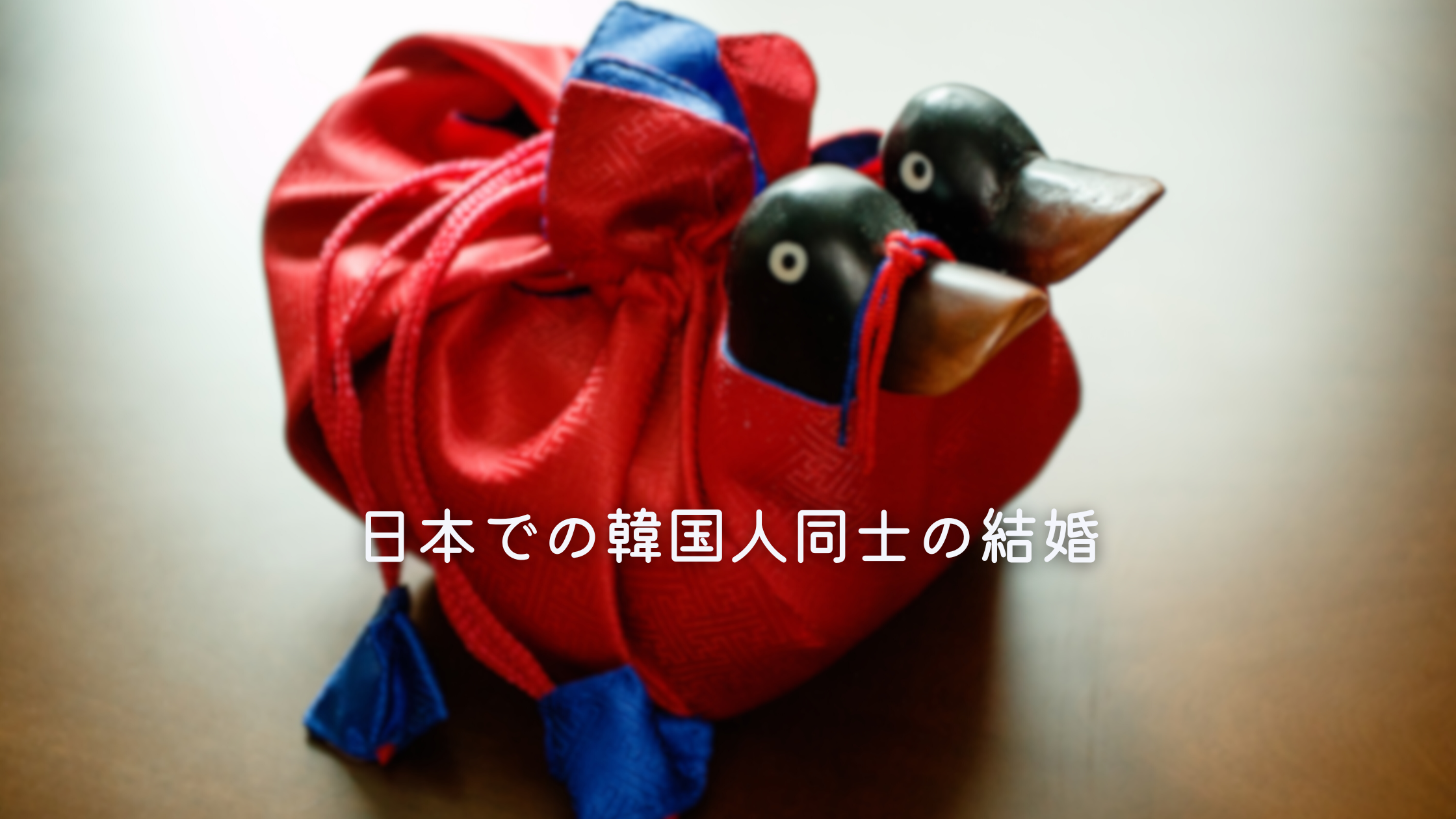
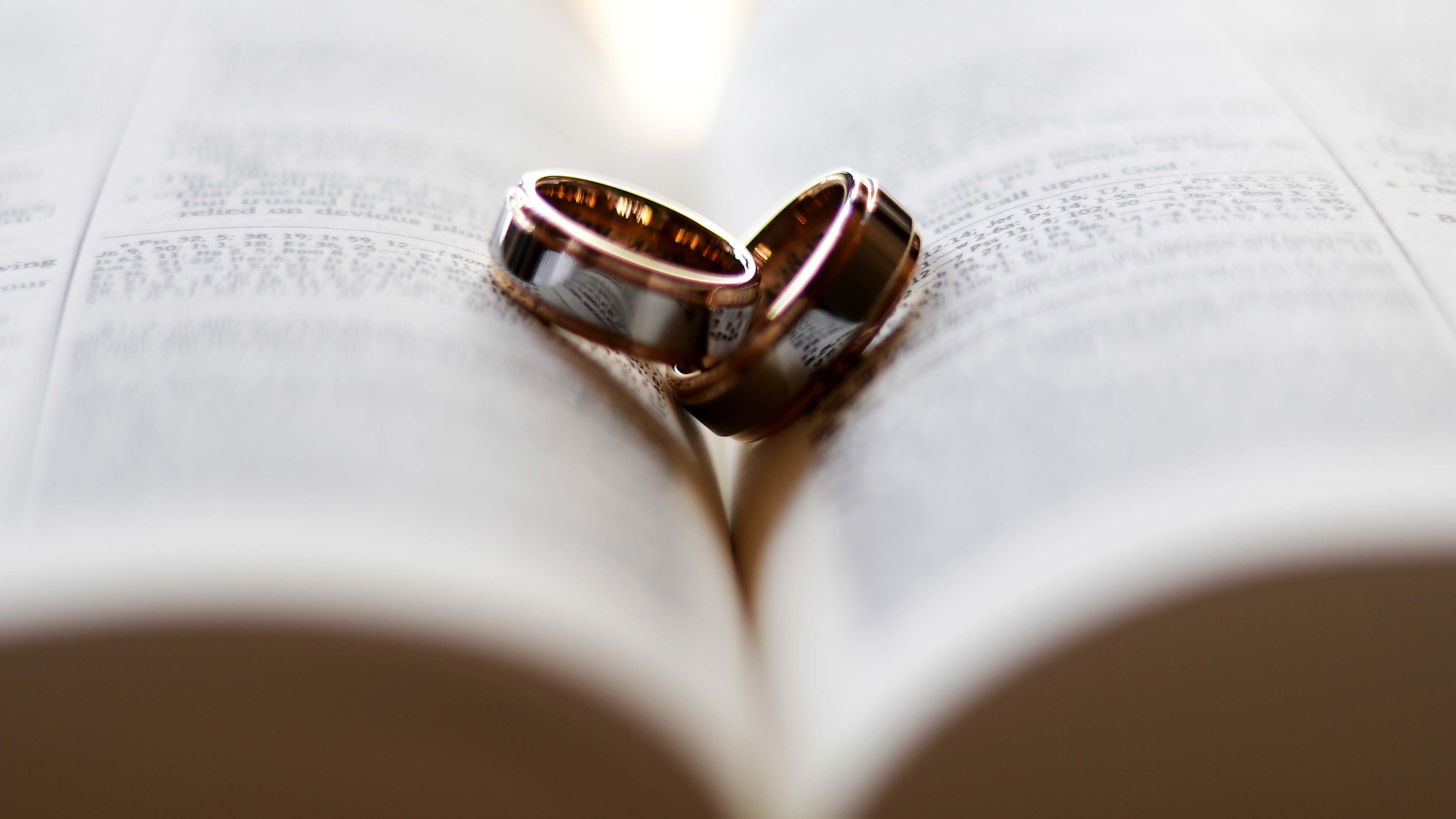
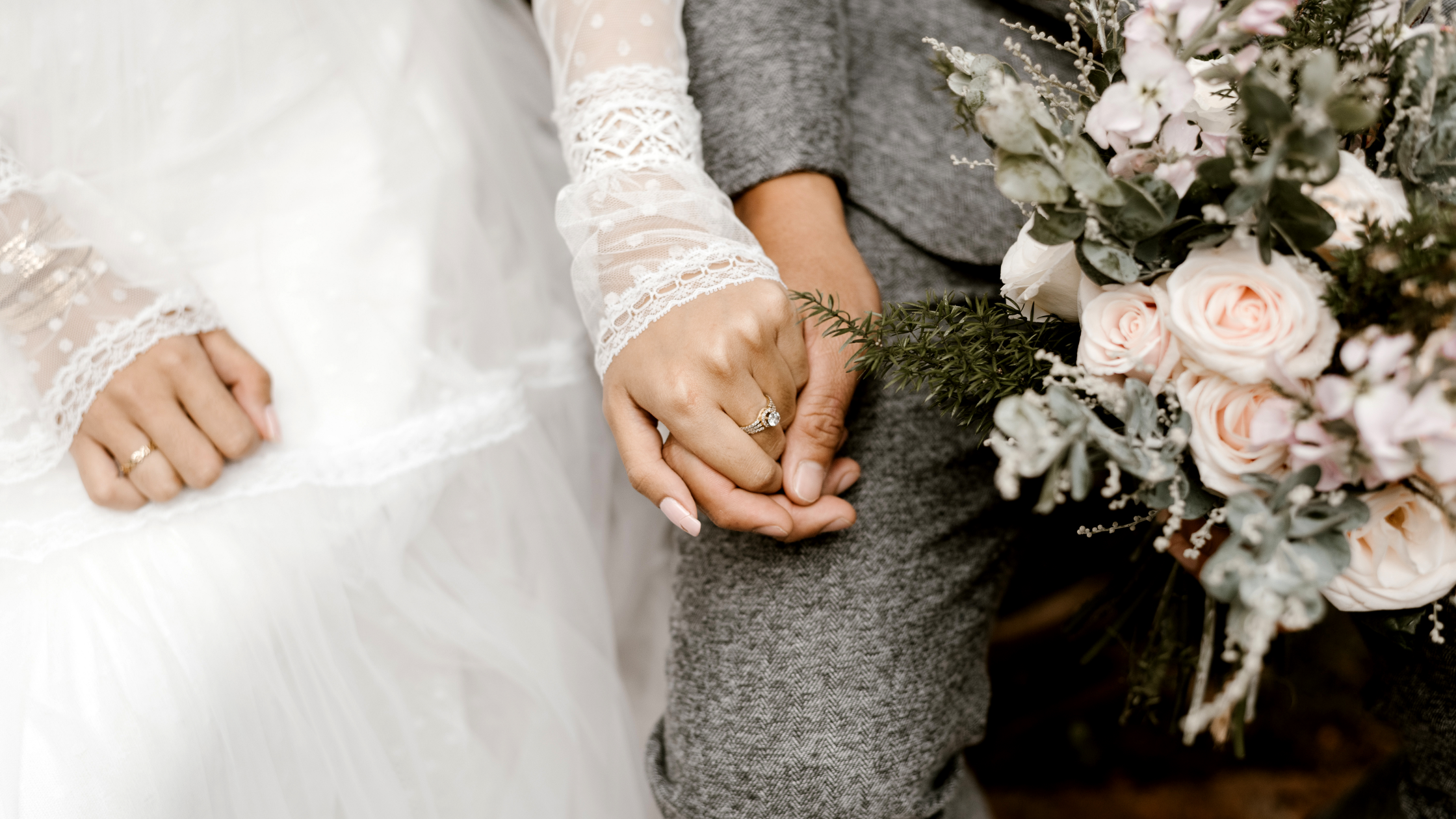



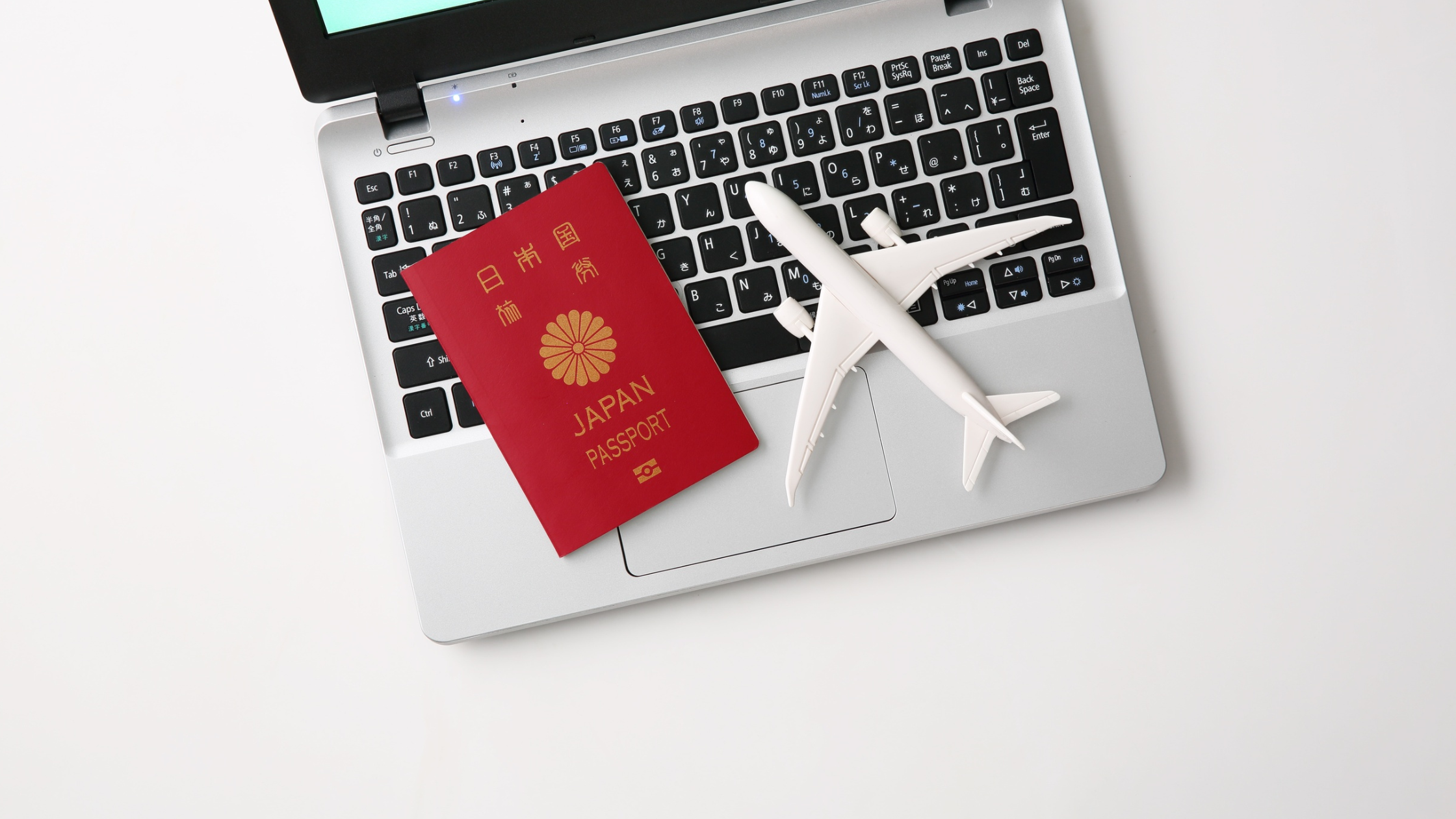







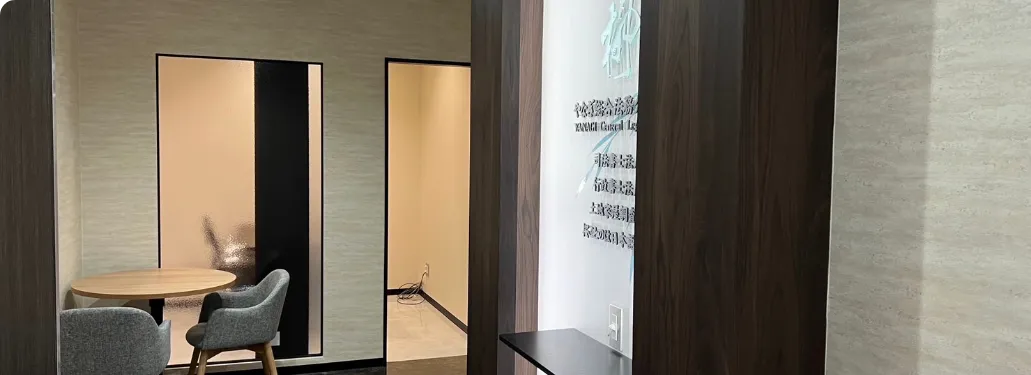
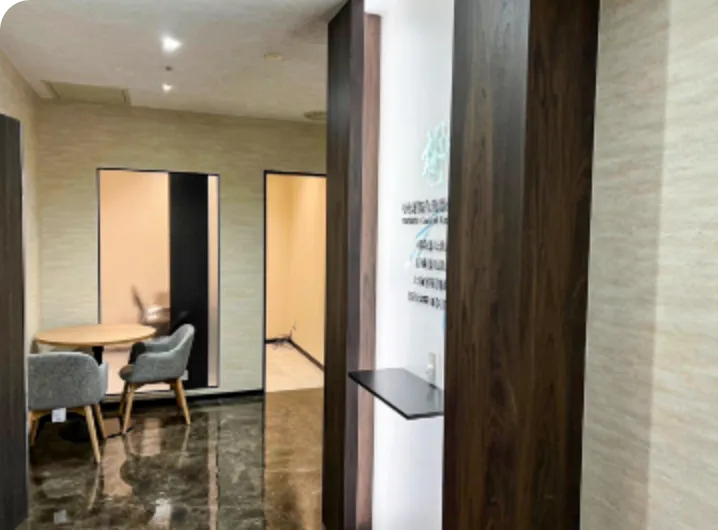
 0120-138-552
0120-138-552 Free
Consultation
Free
Consultation Contact Us
Contact Us